Affiliate links on Android Authority may earn us a commission. Learn more.
Phone storage showdown 2019: Who is price-gouging you the most?
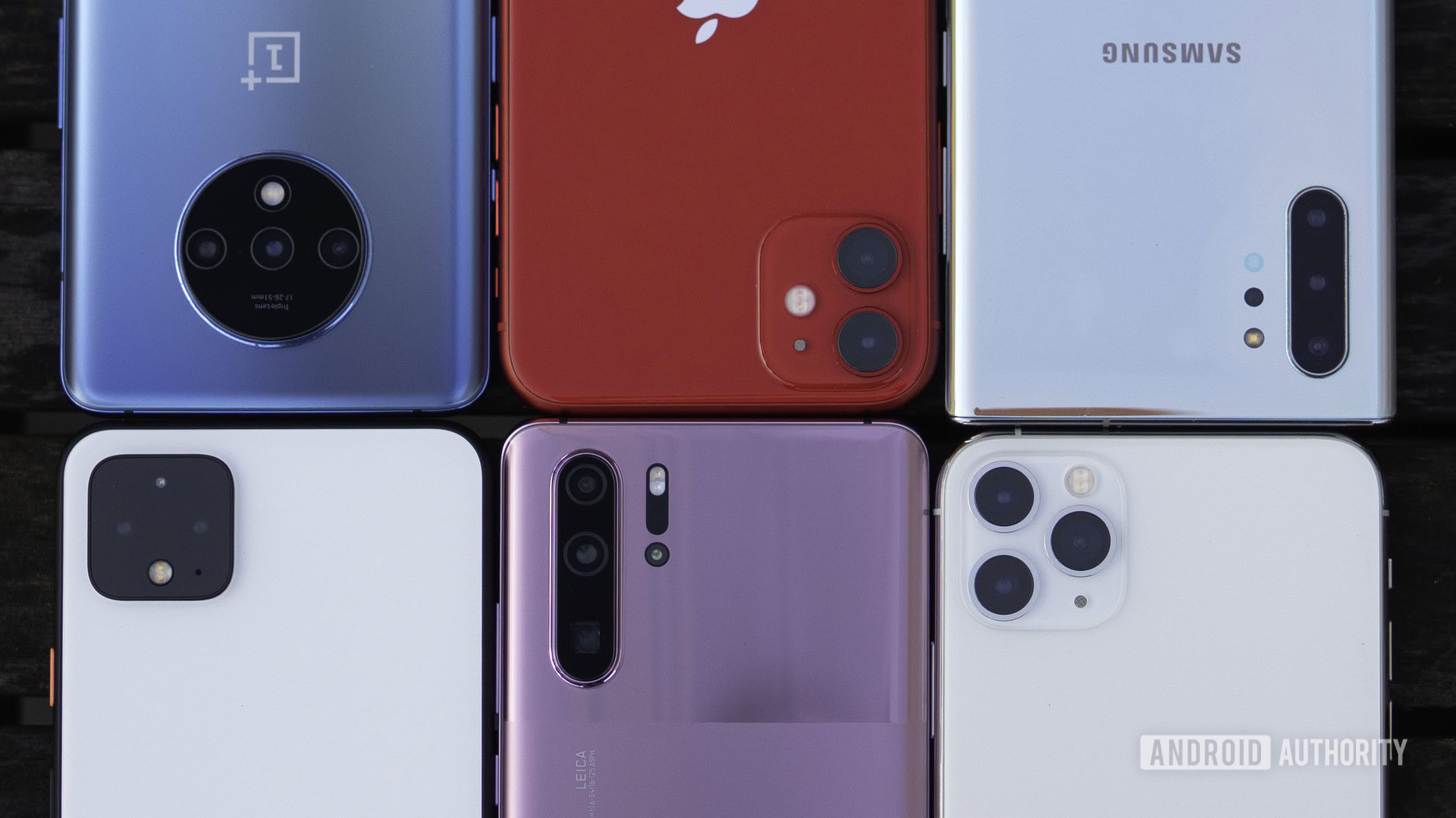
There are plenty of essential components that make up every smartphone and phone storage is one of them. After all, what good is a phone if you can’t fit all your apps, photos, and videos on it?
While cloud services are wonderful, it’s still a pain to hit your local storage limit and have to wade through your files to see what’s hogging space. Plus, in the age of 4K 60fps video and stunning 3D games, the need for more local storage is higher than ever.
More memory comes at a premium, however, and many OEMs are guilty of charging well over the odds for higher storage models. With this article, we wanted to give a thumbs up to the least storage stingy phone makers in 2019 and drop a mighty thumbs down to the worst storage gougers!
Phone storage showdown: The ground rules
Before we get into all the juicy stats there are a few significant rules we had to put in place to ensure the results made any kind of sense. Here are the rules:
- Only phones released in 2019 are eligible.
- All phones must have flagship core specs (i.e. Snapdragon 855 Plus, 855, Kirin 990, 980).
- All prices are launch prices. No discounts.
- Phone models with more RAM but identical storage are not counted.
- No 5G phones. The price hike is real.
- OEMs must have more than one eligible phone to be considered.
- No special or limited edition models.
To keep this analysis as concise as possible, this list is based only on US models and pricing. Where possible all calculations are using US dollars. For those phones that aren’t available in the US, we’ve taken the official price in euros and converted to dollars. Likewise, while there may be storage configurations available for some phones that aren’t included here, that is because they are not officially available in the US or Europe.
The ranking also takes into account unquantifiable extras, namely whether or not each manufacturer offers expandable storage or includes the latest Universal Flash Storage standard, UFS 3.0.
As for the calculations, we’ve worked out how much each gigabyte costs per dollar for each eligible phone and an average for each OEM based on 2019 flagship releases. We’ve also looked at the amount each OEM charges per extra GB for upgraded models that otherwise have identical specs (e.g. the Google Pixel 4 64GB and 128GB variants).
More storage comes at a premium, but is everyone playing fair?
Please be aware that this is an imperfect ranking designed squarely for those who care for about storage. The $/GB ratio heavily favors relatively expensive phones with enormous storage capacities and punishes phones with lower cost price and average storage. This is why we’ve also assessed the average price per extra GB where possible to give all of the brands a fairer shake. However, as you’ll see from the results, only seven of the ten OEMs actually sell devices with multiple storage options.
In addition, the ranking is designed to explicitly ignore other obviously major cost factors such as display and build quality, battery size, camera tech, fancy extra hardware features etc.. This is a nerdy list about storage for storage nerds like us!
At the end of the list you’ll also find a bunch of ranking tables just for fun. Want to know which phone that has the worst dollar per GB ratio? Keep reading!
10. Google
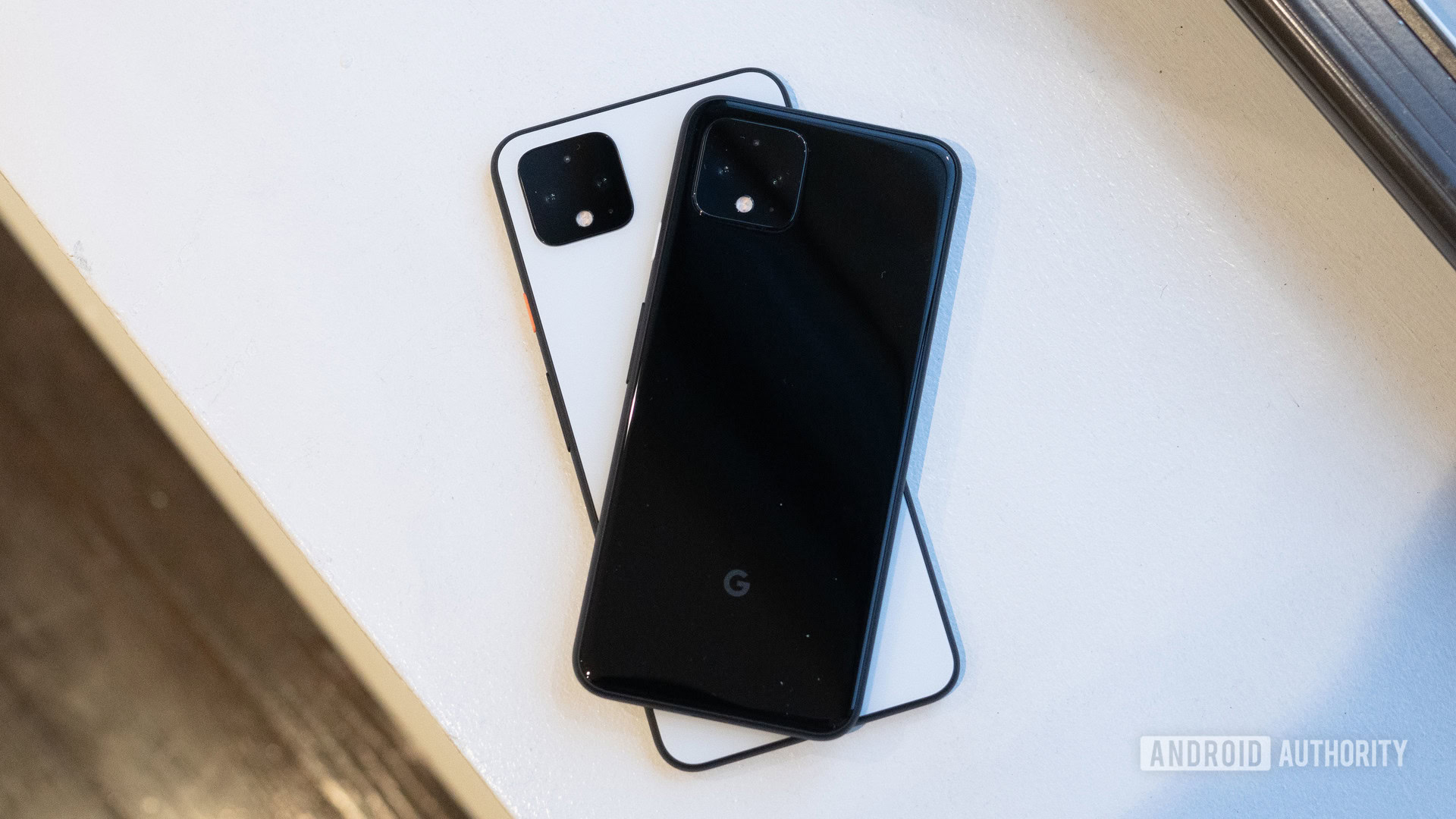
- Average $/GB — $10.34
- Average price per additional GB — $1.56
Google brings up the rear for storage gouging in every metric. The only exception is the worst $/GB ratio for individual phones, but even then the 64GB variants of the Pixel 4 and Pixel 4 XL slot into third and fourth on the naughty list.
This article was partly inspired by the Pixel 4’s dismal storage options and the eye-watering $100 price hike levied at buyers to upgrade from 64GB to 128GB. I expected to see Google languishing towards the back, perhaps even at the bottom, but honestly it wasn’t even close.
Our verdict: Google Pixel 4 XL review: Untapped potential
For every additional gigabyte on its top models, Google is charging $1.56, which is four cents away from being double the next worst OEM and over three times more than the most generous phone maker on this list. To put that into context, a report from this year suggests a single gigabyte costs just $0.08 to buy. That means Google is making a straight profit of $95 with every 128GB Pixel 4 or Pixel 4 XL.
Yikes.
| Storage | Price | $/GB | Price per additional GB | Expandable? | UFS 3.0? | |
|---|---|---|---|---|---|---|
Google Pixel 4 | Storage 64GB | Price $799 | $/GB $12.48 | Price per additional GB n/a | Expandable? No | UFS 3.0? No |
Google Pixel 4 | Storage 128GB | Price $899 | $/GB $7.02 | Price per additional GB $1.56 | Expandable? No | UFS 3.0? No |
Google Pixel 4 XL | Storage 64GB | Price $899 | $/GB $14.05 | Price per additional GB n/a | Expandable? No | UFS 3.0? No |
Google Pixel 4 XL | Storage 128GB | Price $999 | $/GB $7.80 | Price per additional GB $1.56 | Expandable? No | UFS 3.0? No |
9. Apple
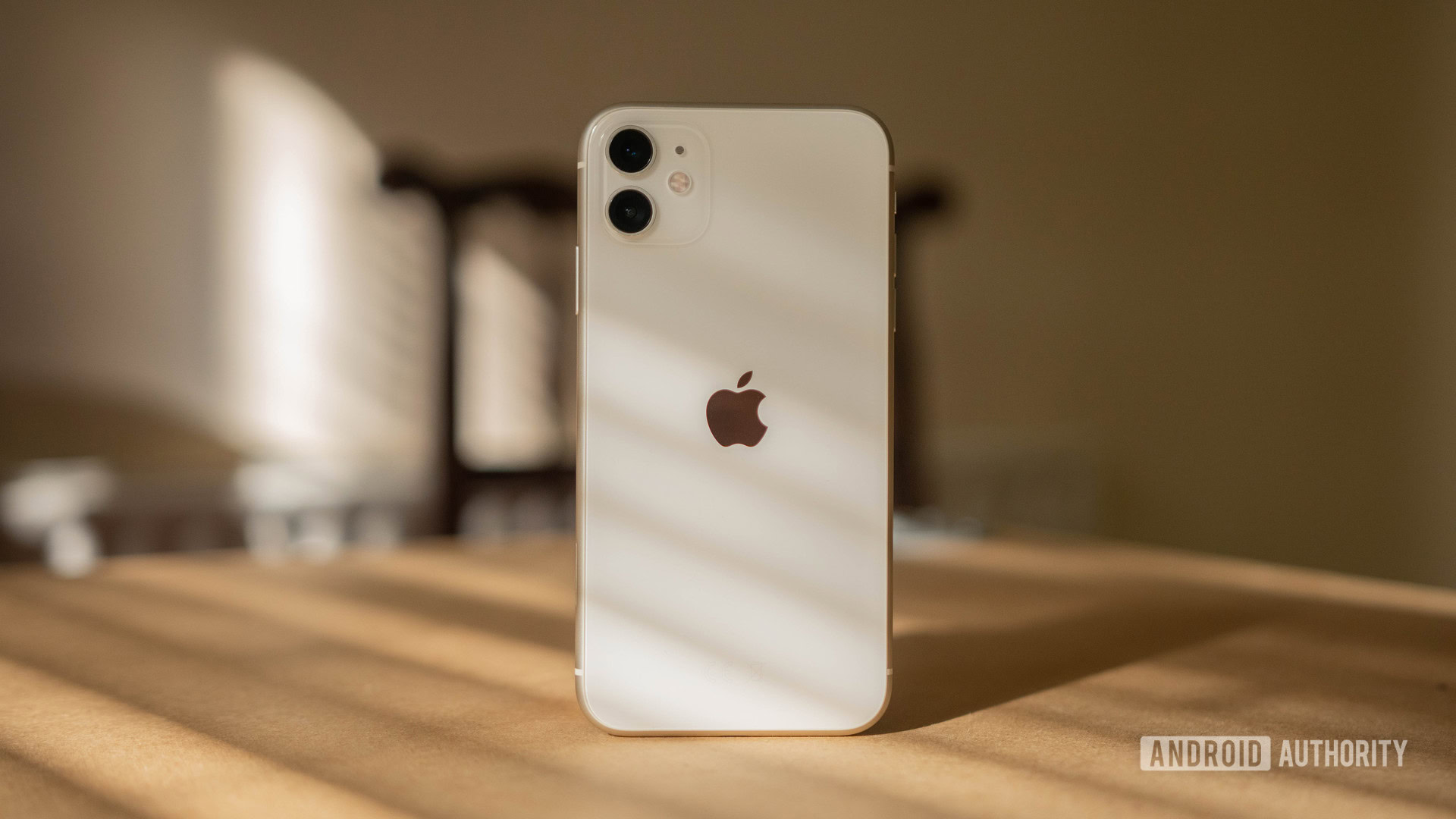
- Average $/GB — $7.52
- Average price per additional GB — $0.78
Be honest, you expected Apple to be at the bottom, didn’t you?
The OG storage gouger escapes complete humiliation due to Google’s unchecked avarice, but Apple is no saint.
Surprisingly, the Cupertino giant would actually be much higher on this list save for one small problem: those pricey 64GB models. The entry level models for the $999 iPhone 11 Pro and $1,099 iPhone 11 Pro Max take the top spots for the worst $/GB, respectively.

Apple also charges a flat fee of $50 for every extra 64GB, which is still half what Google charges, but is the third highest overall.
If Apple ever decides to raise its minimum storage to 128GB (which it absolutely should be on the Pro series, come on now), it would rocket up this list as the 256GB iPhone 11 and 512GB iPhone 11 Pro are actually quite competitive in overall $/GB, with the latter even breaking the top ten.
| Storage | Price | $/GB | Price per additional GB | Expandable? | UFS 3.0? | |
|---|---|---|---|---|---|---|
iPhone 11 | Storage 64GB | Price $699 | $/GB $10.92 | Price per additional GB n/a | Expandable? No | UFS 3.0? No |
iPhone 11 | Storage 128GB | Price $749 | $/GB $5.85 | Price per additional GB $0.78 | Expandable? No | UFS 3.0? No |
iPhone 11 | Storage 256GB | Price $849 | $/GB $3.32 | Price per additional GB $0.78 | Expandable? No | UFS 3.0? No |
iPhone 11 Pro | Storage 64GB | Price $999 | $/GB $15.61 | Price per additional GB n/a | Expandable? No | UFS 3.0? No |
iPhone 11 Pro | Storage 256GB | Price $1149 | $/GB $4.49 | Price per additional GB $0.78 | Expandable? No | UFS 3.0? No |
iPhone 11 Pro | Storage 512GB | Price $1349 | $/GB $2.63 | Price per additional GB $0.78 | Expandable? No | UFS 3.0? No |
iPhone 11 Pro Max | Storage 64GB | Price $1099 | $/GB $17.17 | Price per additional GB n/a | Expandable? No | UFS 3.0? No |
iPhone 11 Pro Max | Storage 256GB | Price $1249 | $/GB $4.88 | Price per additional GB $0.78 | Expandable? No | UFS 3.0? No |
iPhone 11 Pro Max | Storage 512GB | Price $1449 | $/GB $2.83 | Price per additional GB $0.78 | Expandable? No | UFS 3.0? No |
8. Sony
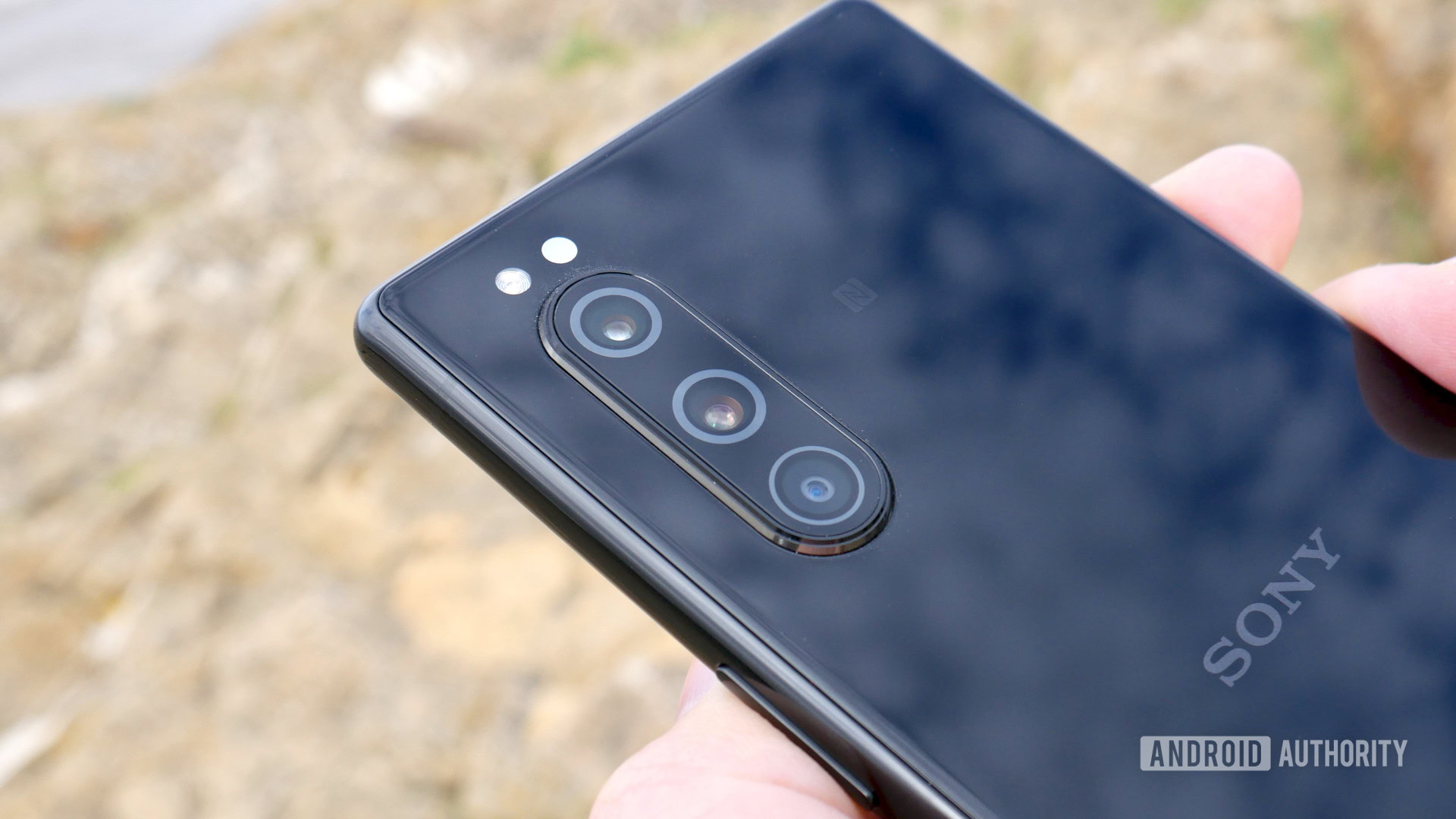
- Average $/GB — $6.83
- Average price per additional GB — n/a
Sony takes the last spot in the bottom three almost by default.
On the plus side, Sony’s Xperia phones have always come with expandable storage. That means you can always add extra storage by buying a relatively cheap MicroSD card.
Unfortunately, that extra cost for the card comes on top of an already hefty premium for just 128GB storage and no sign of any higher storage options. Neither the Xperia 1 or Xperia 5 crack the bottom ten, but together the average $/GB puts Sony just behind Apple.
| Storage | Price | $/GB | Price per additional GB | Expandable? | UFS 3.0? | |
|---|---|---|---|---|---|---|
Sony Xperia 1 | Storage 128GB | Price $949 | $/GB $7.41 | Price per additional GB n/a | Expandable? Yes | UFS 3.0? No |
Sony Xperia 5 | Storage 128GB | Price $799 | $/GB $6.24 | Price per additional GB n/a | Expandable? Yes | UFS 3.0? No |
7. HUAWEI
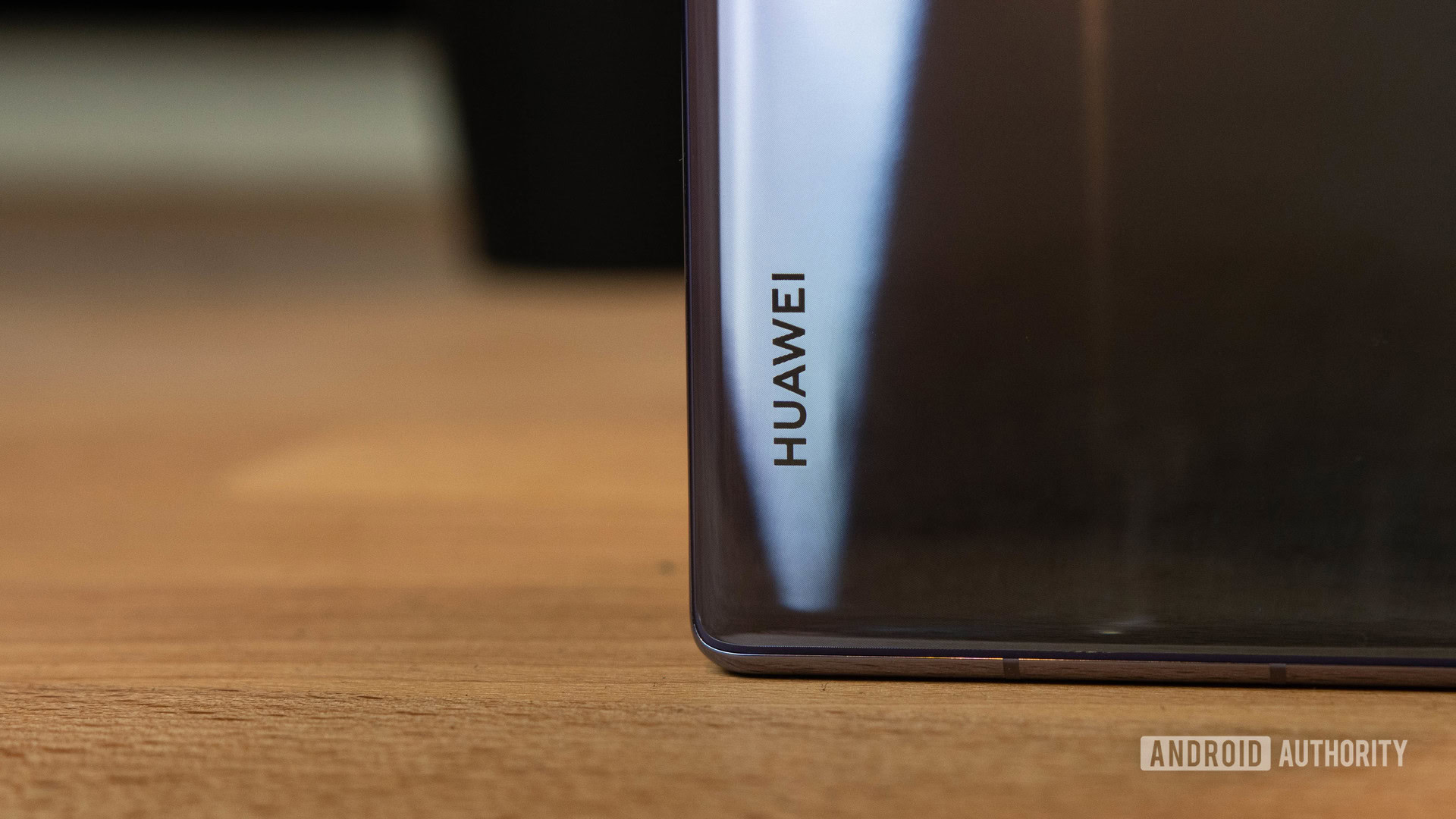
- Average $/GB — ~$5.80
- Average price per additional GB — ~$0.80
Despite being the second-worst price gouger on average, HUAWEI sneaks in ahead of Sony in this ranking thanks to the variety of storage options, UFS 3.0 on the Mate 30 and Mate 30 Pro, and a respectable $/GB average.
Nano memory sucks.
HUAWEI would’ve risen a few more places save for one fatal flaw: Nano memory. HUAWEI’s proprietary storage solution has failed to catch on with other OEMs and the actual cards retail at around double the price of equivalent MicroSD cards. Of course, HUAWEI can’t actually use MicroSD cards in its phones so… that’s awkward.
| Storage | Price | $/GB | Price per additional GB | Expandable? | UFS 3.0? | |
|---|---|---|---|---|---|---|
HUAWEI Mate 30 | Storage 128GB | Price €799 | $/GB ~$6.94 | Price per additional GB n/a | Expandable? Yes | UFS 3.0? Yes |
HUAWEI Mate 30 Pro | Storage 256GB | Price €1,099 | $/GB ~$4.77 | Price per additional GB n/a | Expandable? Yes | UFS 3.0? Yes |
HUAWEI P30 | Storage 128GB | Price €799 | $/GB ~$6.94 | Price per additional GB n/a | Expandable? Yes | UFS 3.0? No |
HUAWEI P30 Pro | Storage 128GB | Price €999 | $/GB ~$8.68 | Price per additional GB n/a | Expandable? Yes | UFS 3.0? No |
HUAWEI P30 Pro | Storage 256GB | Price €1,099 | $/GB ~$4.77 | Price per additional GB ~$0.87 | Expandable? Yes | UFS 3.0? No |
HUAWEI P30 Pro | Storage 512GB | Price €1,249 | $/GB ~$2.71 | Price per additional GB ~$0.72 | Expandable? Yes | UFS 3.0? No |
6. Xiaomi
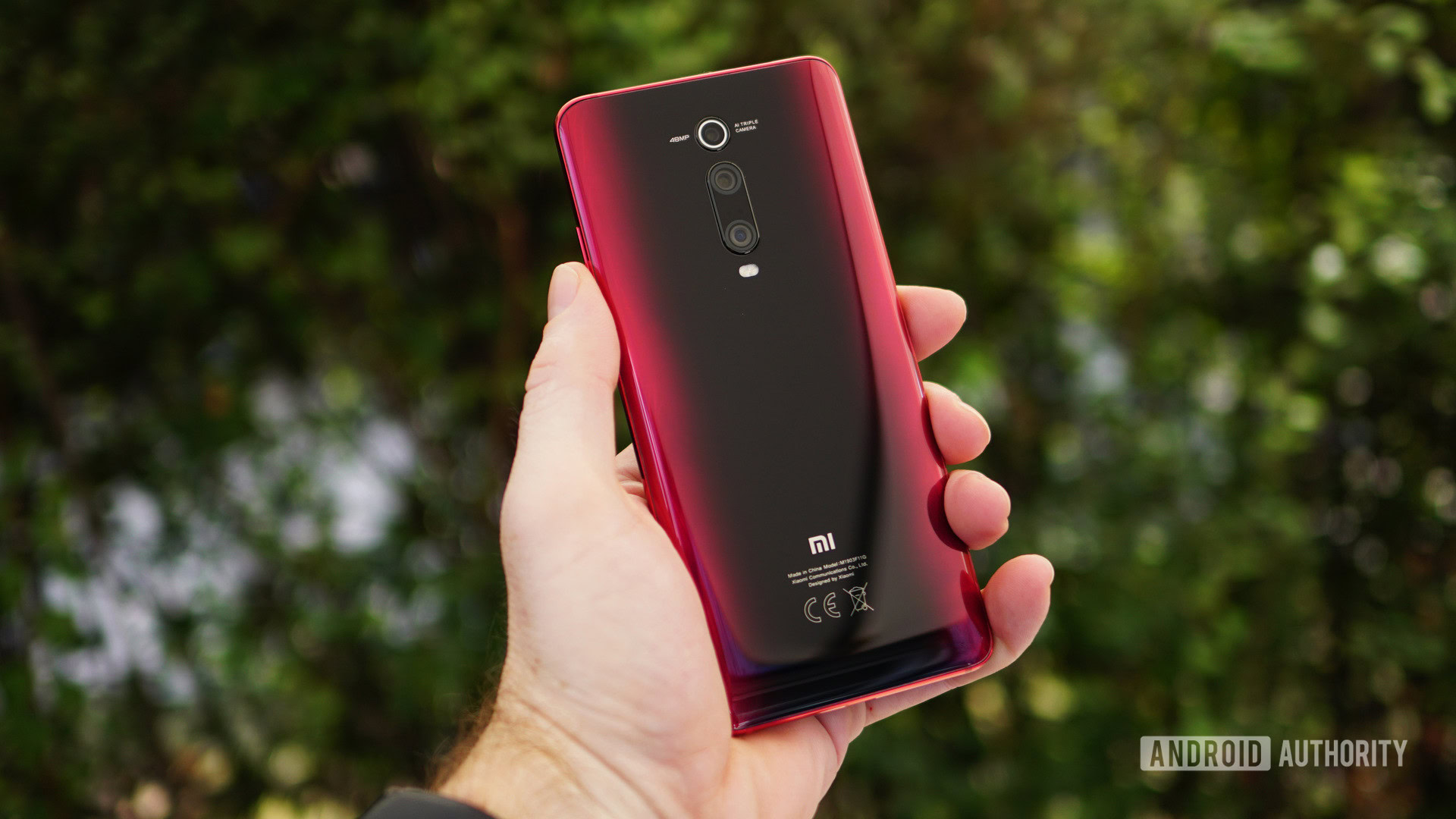
- Average $/GB — ~$5.88
- Average price per additional GB — ~$0.61
It’s a bit of a shock to see a brand known for offering killer price-performance ratio phones fall firmly in the middle of the pack, but that’s what happens when you’re still pushing 64GB base models without expandable storage in 2019.
Read more: These are the best Xiaomi phones
Xiaomi’s saving grace is that it doesn’t ask much for its larger 128GB models, particularly the Mi 9T Pro which is only an extra €20 (~$22) for double storage.
| Storage | Price | $/GB | Price per additional GB | Expandable? | UFS 3.0? | |
|---|---|---|---|---|---|---|
Xiaomi Mi 9T Pro | Storage 64GB | Price €429 | $/GB ~$7.45 | Price per additional GB n/a | Expandable? No | UFS 3.0? No |
Xiaomi Mi 9T Pro | Storage 128GB | Price €449 | $/GB ~$3.91 | Price per additional GB ~$0.34 | Expandable? No | UFS 3.0? No |
Xiaomi Mi 9 | Storage 64GB | Price €449 | $/GB ~$7.81 | Price per additional GB n/a | Expandable? No | UFS 3.0? No |
Xiaomi Mi 9 | Storage 128GB | Price €499 | $/GB ~$4.34 | Price per additional GB ~$0.87 | Expandable? No | UFS 3.0? No |
5. LG
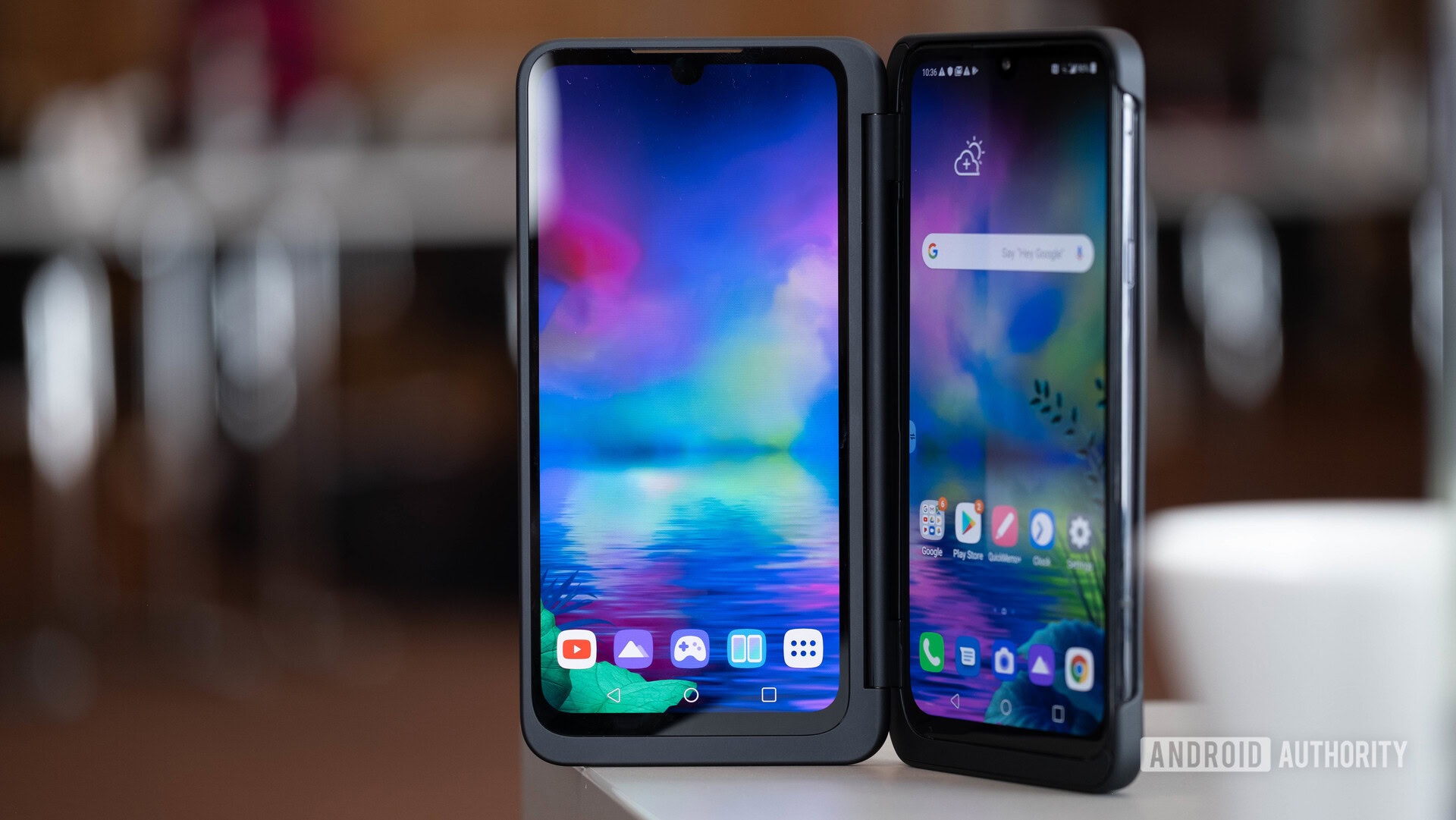
- Average $/GB — $6.05
- Average price per additional GB — n/a
LG is another expandable storage hold out. That, combined with the decision to plump for 128GB base storage, and a middling but not terrible $/GB average ensure LG avoids any serious scorn.
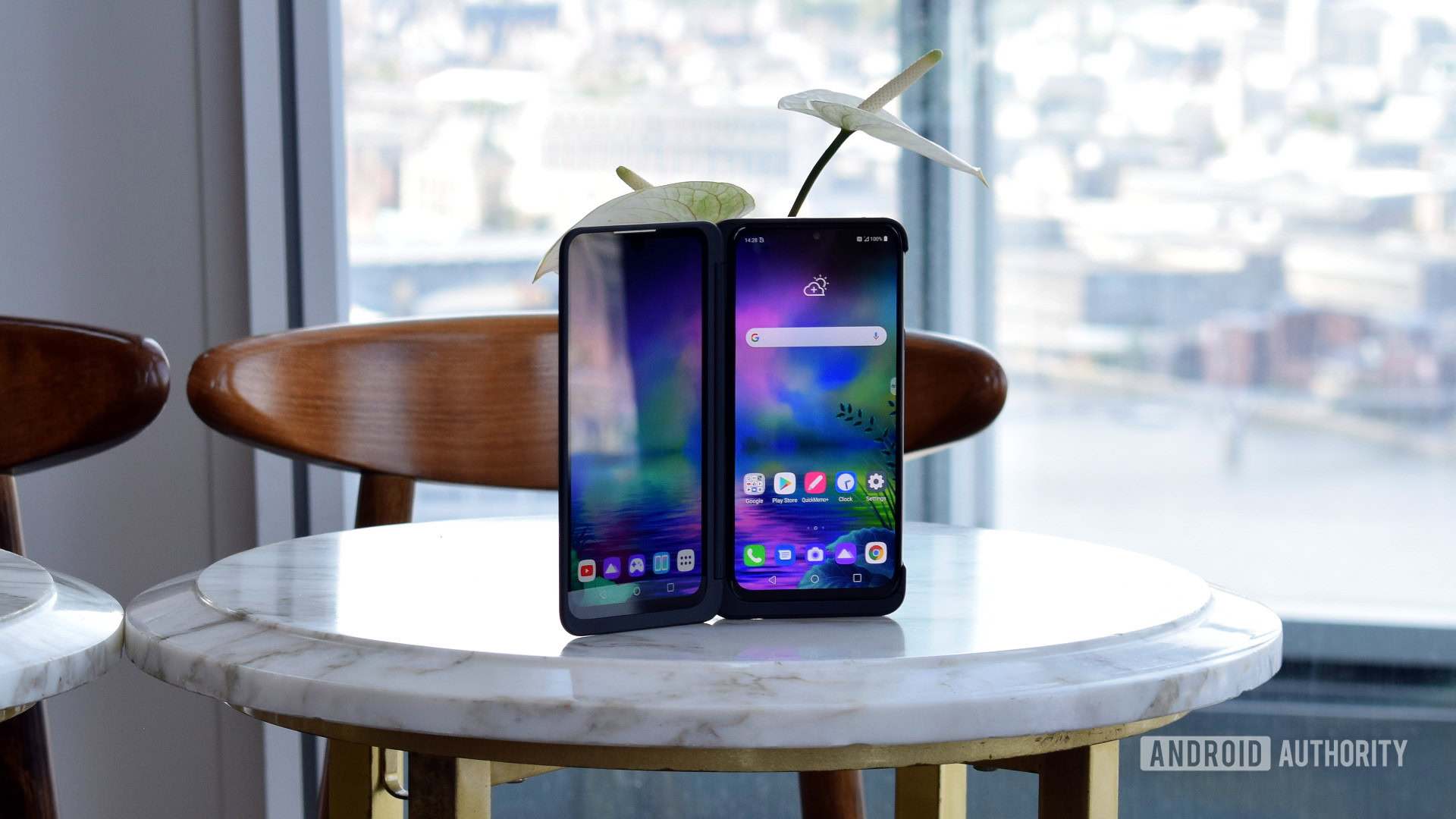
The only major downside is the lack of any higher internal storage variants, but unlike Sony, at least LG isn’t overpricing its phones in the first place — especially the surprisingly cheap LG G8X with its dual screen gimmick.
It should be noted that the V50 series phones don’t make the cut due to their 5G support, but even if they did LG wouldn’t move all that much as those stick with the entirely reasonable “128GB + MicroSD slot” formula.
| Storage | Price | $/GB | Price per additional GB | Expandable? | UFS 3.0? | |
|---|---|---|---|---|---|---|
LG G8 ThinQ | Storage 128GB | Price $849 | $/GB $6.63 | Price per additional GB n/a | Expandable? Yes | UFS 3.0? No |
LG G8X ThinQ | Storage 128GB | Price $699 | $/GB $5.46 | Price per additional GB n/a | Expandable? Yes | UFS 3.0? No |
4. HONOR
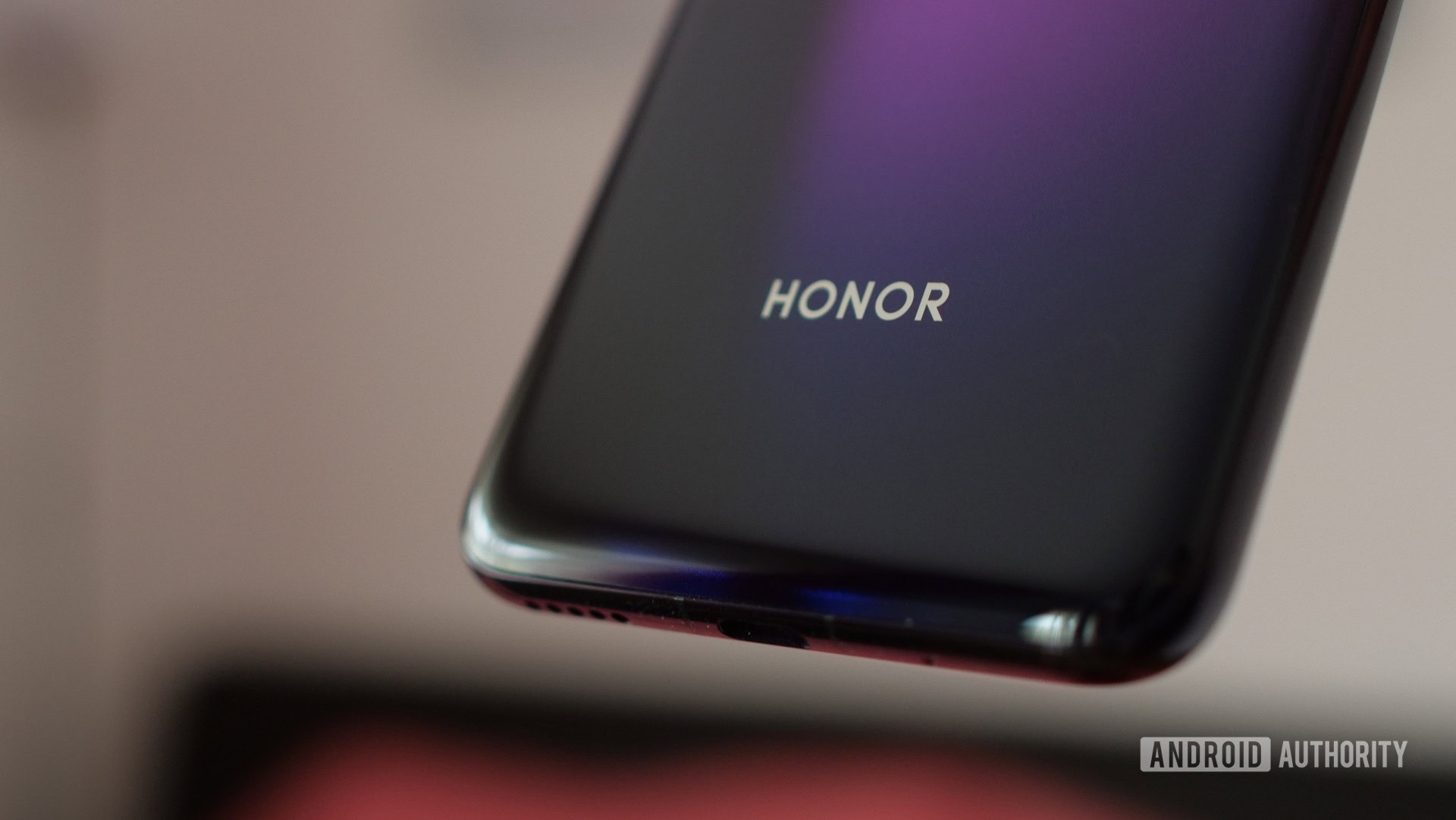
- Average $/GB — ~$3.96
- Average price per additional GB — n/a
There’s an enormous divide between the top three and the rest of this list, but HONOR deserves some credit for almost topping the $/GB charts with an average of $3.96 across its 2019 flagships (just $0.06 behind OnePlus), buoyed by the €599 (~$667) HONOR 20 Pro’s meaty 256GB base storage.
On the negative side though, the HUAWEI sub-brand only offers a single configuration for each of its phones and doesn’t support expandable storage at all. Shame.
| Storage | Price | $/GB | Price per additional GB | Expandable? | UFS 3.0? | |
|---|---|---|---|---|---|---|
HONOR 20 | Storage 128GB | Price €499 | $/GB ~$4.34 | Price per additional GB n/a | Expandable? No | UFS 3.0? No |
HONOR 20 Pro | Storage 256GB | Price €599 | $/GB ~$2.60 | Price per additional GB n/a | Expandable? No | UFS 3.0? No |
HONOR 20 View | Storage 128GB | Price €569 | $/GB ~$4.95 | Price per additional GB n/a | Expandable? No | UFS 3.0? No |
3. ASUS
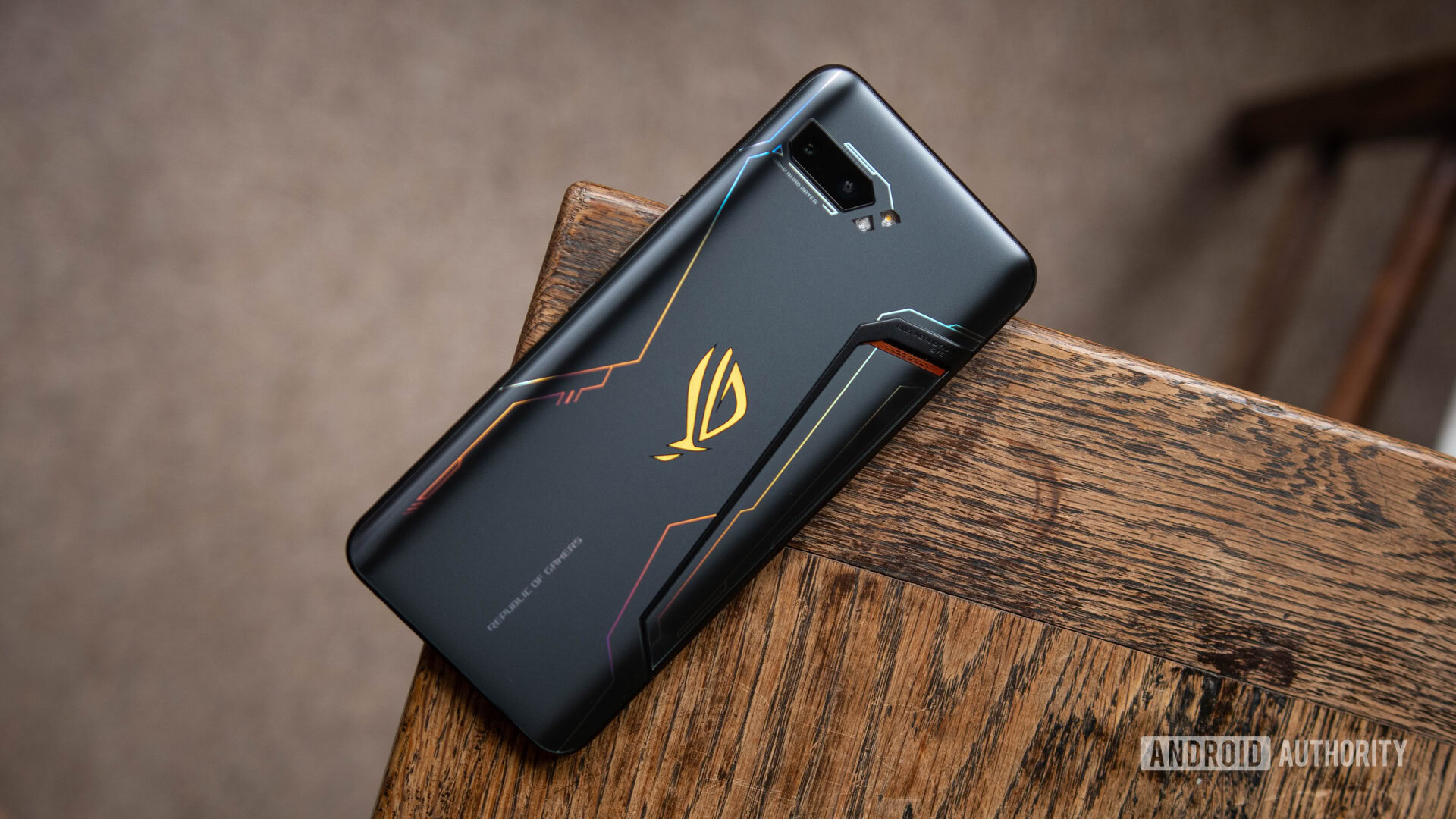
- Average $/GB — $4.05
- Average price per additional GB — $0.65
Is it just me or did ASUS really raise its game in 2019?
We’ve already talked at length about ASUS’ great work with the Zenfone 6 and ROG Phone 2 in our reviews, but it turns out the Taiwanese brand is also one of the more storage-generous OEMs out there.
ASUS snags the fourth place spot in average cost per extra GB via its Zenfone line, plus there’s only four cents separating places four to two regardless. Likewise, ASUS is fourth in average $/GB, just a cent behind Samsung which snatched the bronze medal.
The ROG Phone 2 offers the best bang for your buck in the 2019 storage wars.
We can’t move on without talking about the mighty ROG Phone 2, though. ASUS’ gaming monster with its huge 512GB storage comes second in overall $/GB, which is crazy when you realize the winner — the frankly ridiculous 1TB Samsung Galaxy S10 Plus — is double the retail price at $1,499.
Combine that with UFS 3.0 and an expandable storage slot on a phone priced at just $899 and it’s pretty clear the ROG Phone 2 offers the best bang for your buck in the 2019 storage wars.
| Storage | Price | $/GB | Price per additional GB | Expandable? | UFS 3.0? | |
|---|---|---|---|---|---|---|
ASUS ROG Phone 2 | Storage 512GB | Price $899 | $/GB $1.76 | Price per additional GB n/a | Expandable? Yes | UFS 3.0? Yes |
ASUS Zenfone 6 | Storage 64GB | Price $499 | $/GB $7.80 | Price per additional GB n/a | Expandable? No | UFS 3.0? No |
ASUS Zenfone 6 | Storage 128GB | Price $549 | $/GB $4.29 | Price per additional GB $0.78 | Expandable? No | UFS 3.0? No |
ASUS Zenfone 6 | Storage 256GB | Price $599 | $/GB $2.34 | Price per additional GB $0.52 | Expandable? No | UFS 3.0? No |
2. Samsung
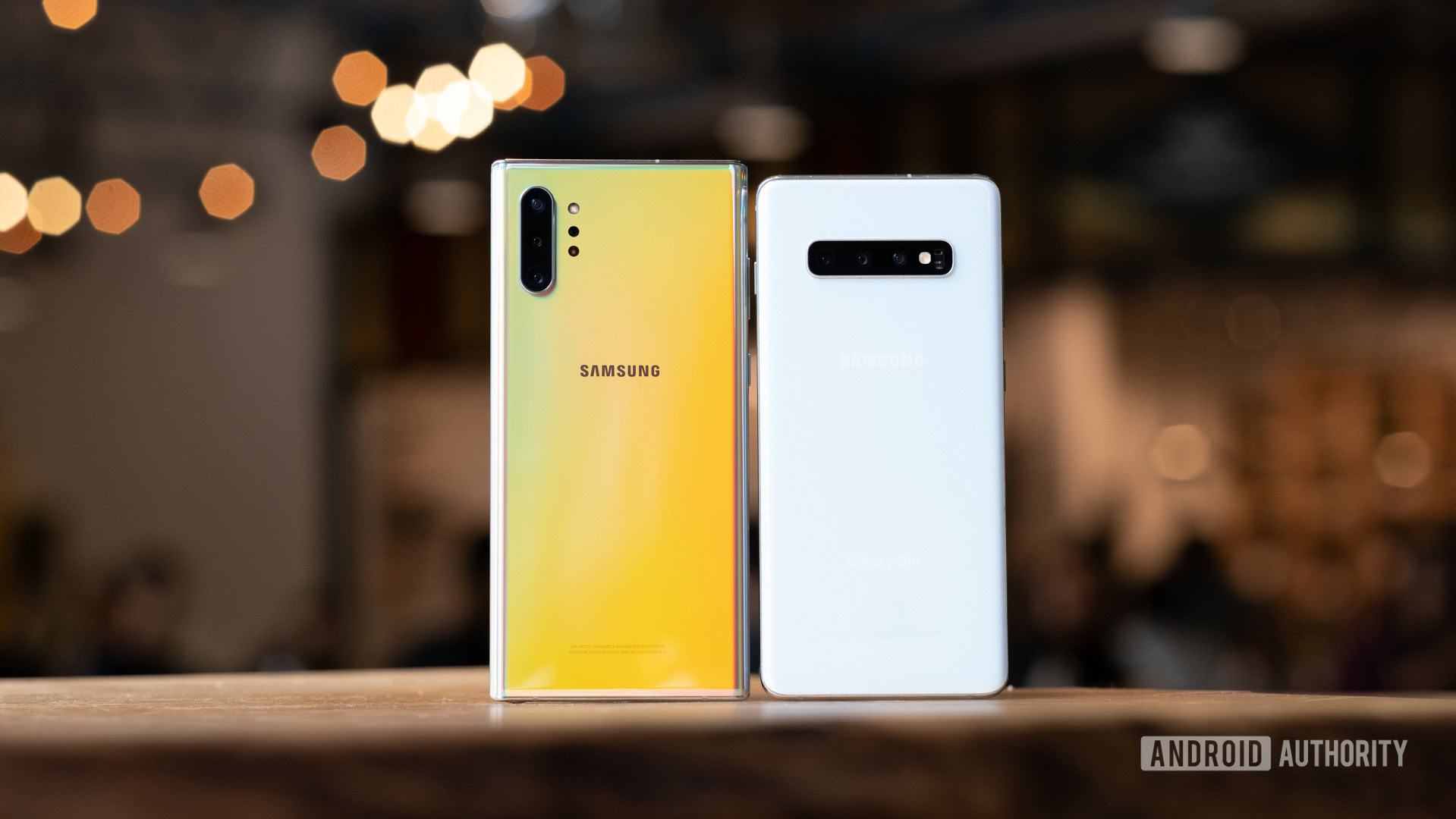
- Average $/GB — $4.04
- Average price per additional GB — $0.63
Samsung misses the top spot by a razor thin margin, but the South Korean OEM deserves plenty of praise for its comprehensive and surprisingly economical approach to storage across its army of premium phones.
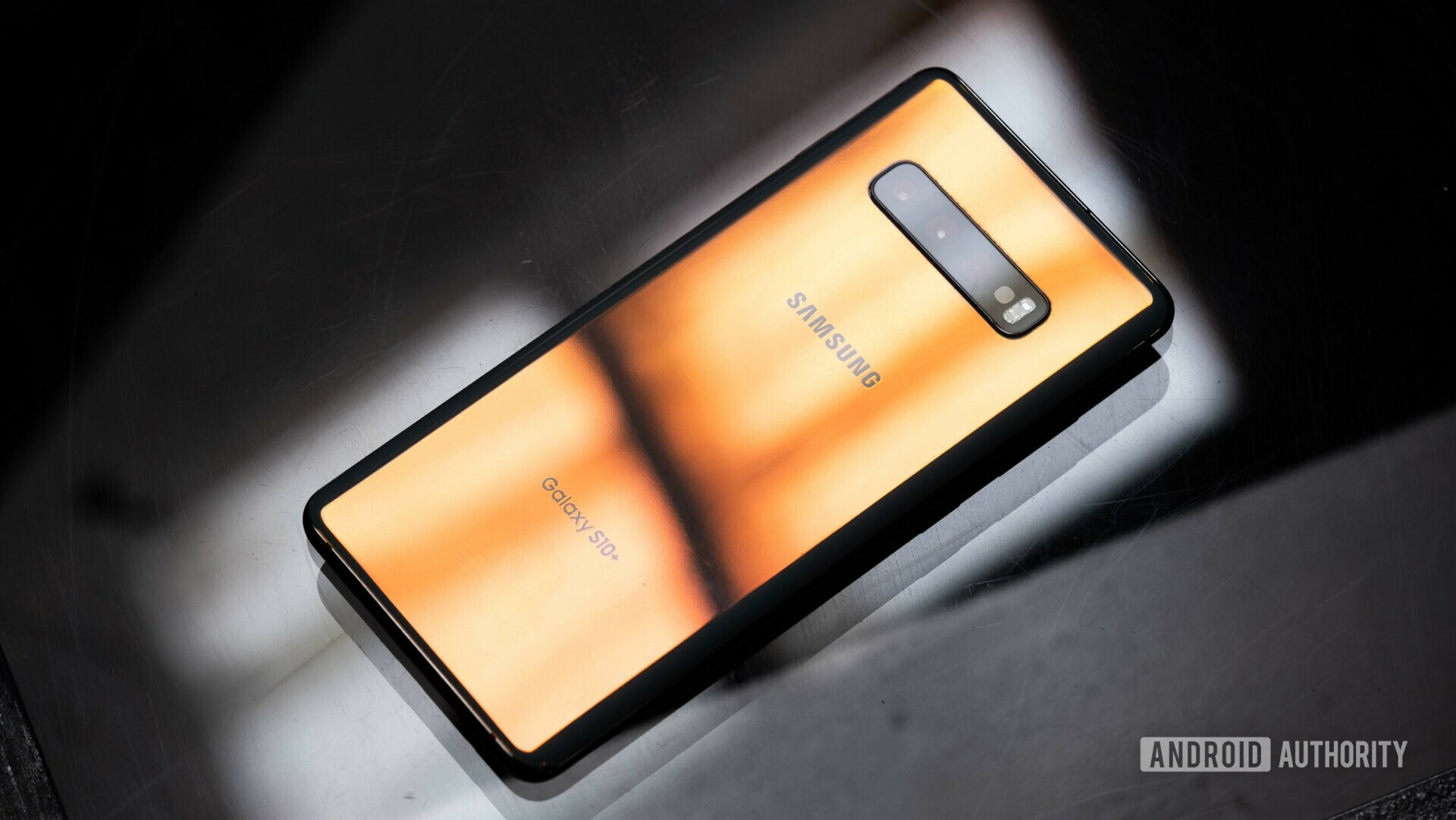
Not only does Samsung have the most eligible models, it also snatches four spots on the best phones by GB/$, comes in third place for average GB/$ overall, and third again for average price per additional GB.
Samsung’s results were immediately boosted by its 512GB and 1TB offerings, but it also received bonus points for including expandable storage support on all of its devices bar the Galaxy Fold, as well as UFS 3.0 on the Note 10 series and its foldable flagship.
Samsung may be the most successful smartphone OEM in the world, but that hasn’t caused it to fall foul of storage greed. Good stuff, Samsung.
| Storage | Price | $/GB | Price per additional GB | Expandable? | UFS 3.0? | |
|---|---|---|---|---|---|---|
Samsung Galaxy Note 10 | Storage 256GB | Price $949 | $/GB $3.71 | Price per additional GB n/a | Expandable? Yes | UFS 3.0? Yes |
Samsung Galaxy Note 10 Plus | Storage 256GB | Price $1099 | $/GB $4.29 | Price per additional GB n/a | Expandable? Yes | UFS 3.0? Yes |
Samsung Galaxy Note 10 Plus | Storage 512GB | Price $1199 | $/GB $2.34 | Price per additional GB $0.39 | Expandable? Yes | UFS 3.0? Yes |
Samsung Galaxy S10e | Storage 128GB | Price $749 | $/GB $5.85 | Price per additional GB n/a | Expandable? Yes | UFS 3.0? No |
Samsung Galaxy S10e | Storage 256GB | Price $849 | $/GB $3.32 | Price per additional GB $0.78 | Expandable? Yes | UFS 3.0? No |
Samsung Galaxy S10 | Storage 128GB | Price $899 | $/GB $7.02 | Price per additional GB n/a | Expandable? Yes | UFS 3.0? No |
Samsung Galaxy S10 | Storage 256GB | Price $1149 | $/GB $2.24 | Price per additional GB $0.65 | Expandable? Yes | UFS 3.0? No |
Samsung Galaxy S10 Plus | Storage 128GB | Price $999 | $/GB $7.80 | Price per additional GB n/a | Expandable? Yes | UFS 3.0? No |
Samsung Galaxy S10 Plus | Storage 512GB | Price $1249 | $/GB $2.44 | Price per additional GB $0.65 | Expandable? Yes | UFS 3.0? No |
Samsung Galaxy S10 Plus | Storage 1TB | Price $1599 | $/GB $1.60 | Price per additional GB $0.69 | Expandable? Yes | UFS 3.0? No |
Samsung Galaxy Fold | Storage 512GB | Price $1,980 | $/GB $3.87 | Price per additional GB n/a | Expandable? No | UFS 3.0? Yes |
1. OnePlus
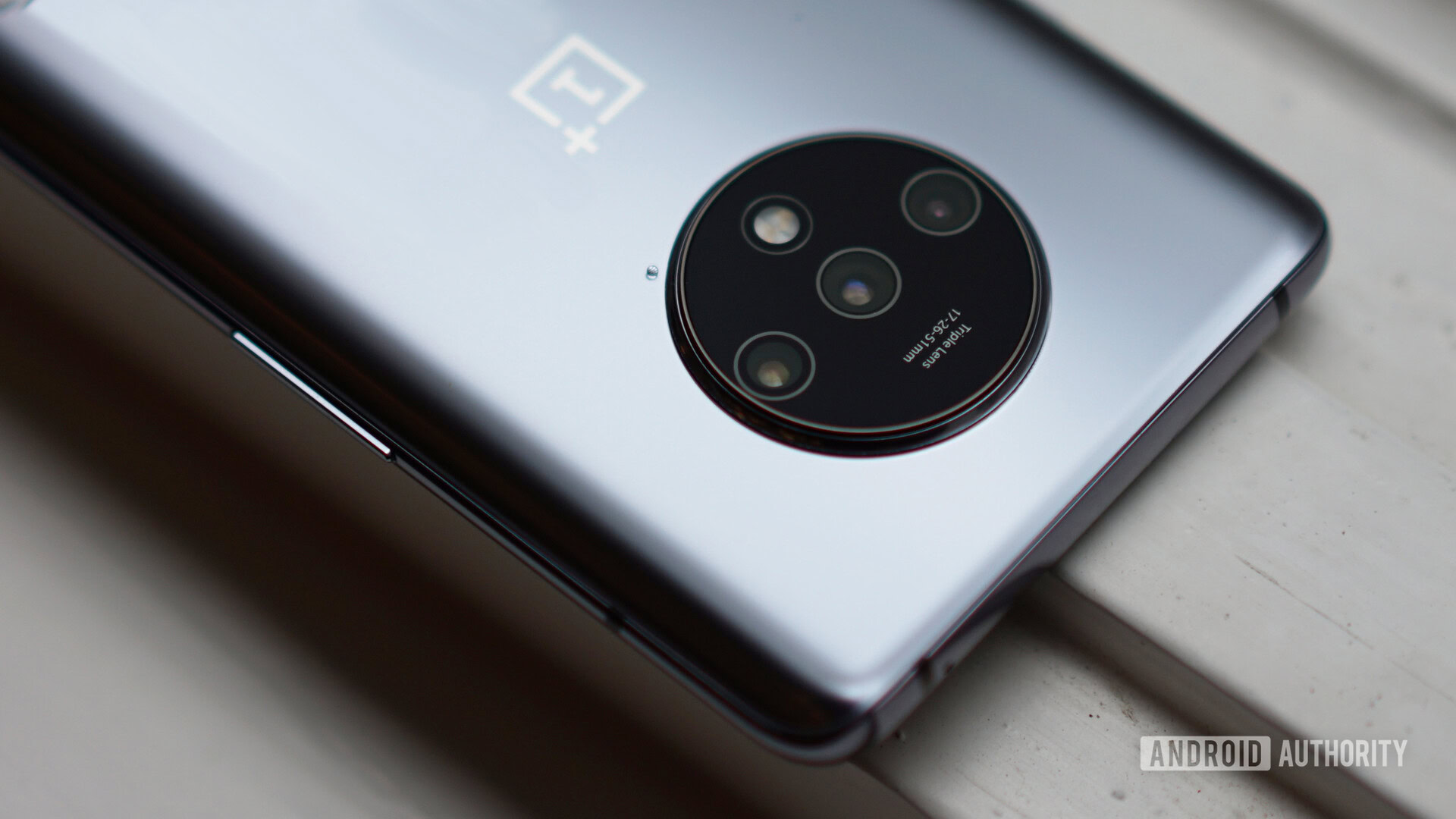
- Average $/GB — ~$3.90
- Average price per additional GB — ~$0.45
The overall winner for average $/GB and by far the lowest price gouging average, OnePlus takes the gold ahead of some of its more prestigious rivals.
While it’s a shame there aren’t more OnePlus 7T models available, the option to double your OnePlus 7 Pro storage from 128GB to 256GB for just $30, and get an extra 2GB of RAM to boot, is an absolute no brainer.
Related: All the 2019 OnePlus phones compared
If you’re desperate for a MicroSD slot or internal storage that goes over 256GB, you could make a case for Samsung edging ahead. However, OnePlus’ combination of modest pricing, minimal price gouging, UFS 3.0 on all models, and an already hefty base storage on all its phones makes it hard to argue that OnePlus isn’t worthy of first place.
| Storage | Price | $/GB | Price per additional GB | Expandable? | UFS 3.0? | |
|---|---|---|---|---|---|---|
OnePlus 7 | Storage 128GB | Price €559 | $/GB ~$4.85 | Price per additional GB n/a | Expandable? No | UFS 3.0? Yes |
OnePlus 7 | Storage 256GB | Price €609 | $/GB ~$2.64 | Price per additional GB ~$0.43 | Expandable? No | UFS 3.0? Yes |
OnePlus 7T | Storage 128GB | Price $599 | $/GB $4.68 | Price per additional GB n/a | Expandable? No | UFS 3.0? Yes |
OnePlus 7 Pro | Storage 128GB | Price $669 | $/GB $5.23 | Price per additional GB n/a | Expandable? No | UFS 3.0? Yes |
OnePlus 7 Pro | Storage 256GB | Price $699 | $/GB $2.73 | Price per additional GB ~$0.47 | Expandable? No | UFS 3.0? Yes |
OnePlus 7T Pro | Storage 256GB | Price €759 | $/GB ~$3.28 | Price per additional GB n/a | Expandable? No | UFS 3.0? Yes |
Phone storage showdown rankings
Average price per additional GB — Best to worst OEMs
- OnePlus — $0.45
- Xiaomi — $0.61
- Samsung — $0.63
- Asus — $0.65
- Apple — $0.78
- Huawei — $0.80
- Google — $1.56
$/GB — Best to worst OEMs
- OnePlus — $3.90
- Honor — $3.96
- Samsung — $4.04
- Asus — $4.05
- Huawei — $5.80
- Xiaomi — $5.88
- LG — $6.05
- Sony — $6.83
- Apple — $7.52
- Google — $10.34
$/GB — Top ten phone models
- Samsung Galaxy S10 Plus (1TB) — $1.60
- ASUS ROG Phone 2 (512GB) — $1.76
- Samsung Galaxy S10 (512GB) — $2.24
- ASUS Zenfone 6 (256GB) — $2.34
- Samsung Galaxy Note 10 Plus (512GB) — $2.34
- Samsung Galaxy S10 Plus (512GB) — $2.44
- HONOR 20 Pro (256GB) — $2.60
- Apple iPhone 11 Pro (512GB) — $2.63
- OnePlus 7 (256GB) — $2.64
- HUAWEI P30 Pro (512GB) — $2.71
$/GB — Worst ten phone models
- Apple iPhone 11 Pro Max (64GB) — 17.17
- Apple iPhone 11 Pro (64GB) — $15.61
- Google Pixel 4 XL (64GB) — $14.05
- Google Pixel 4 (64GB) — $12.48
- Apple iPhone 11 (64GB) — $10.92
- HUAWEI P30 Pro (128GB) — $8.68
- Xiaomi Mi 9 (64GB) — $7.81
- ASUS Zenfone 6 (64GB) — $7.80
- Samsung Galaxy S10 Plus (128GB) — $7.80
- Google Pixel 4 XL (128GB) — $7.80
Surprised by the results? Do you agree with our rankings? Let us know in the comments.